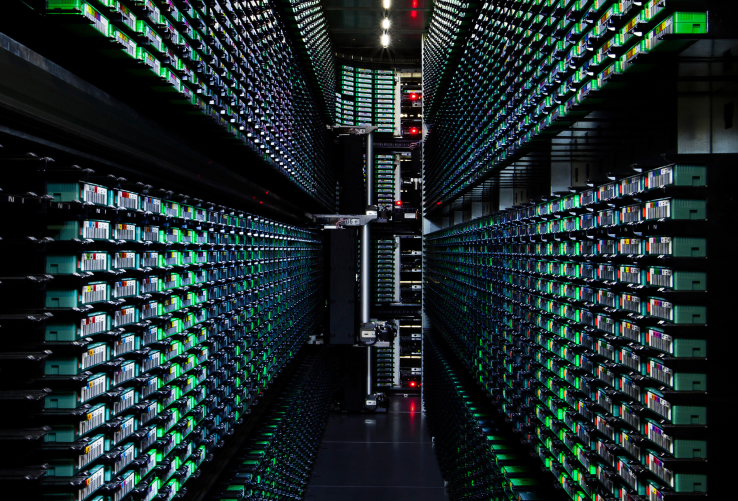

Google today announced that it is joining the Open Compute Project (OCP), a five-year-old project founded by Facebook and a number of other companies that aims to drive IT infrastructure development forward through open source hardware. For Facebook, for example, this has meant open sourcing how it builds some of its servers and other data center hardware.
Over the last few years, Google also shared some information about how it powers its data centers, but now it has also signed on to work with Facebook and others to work on the OCP Open Rack project, for example. This project aims to bring 48 volt power distribution to data center racks. Google says it has been working on 48V rack power distribution since 2010 and, in the process, it found that it was 30 percent more energy-efficient that its previous-generation 12V systems.
“As the industry’s working to solve these same problems and dealing with higher-power workloads, such as GPUs for machine learning, it makes sense to standardize this new design by working with OCP,” Google technical program manager John Zipfel writes in today’s announcement. “We believe this will help everyone adopt this next generation power architecture, and realize the same power efficiency and cost benefits as Google.”
The company says this is only a first step in engaging with the OCP. A Google spokesperson told us that Google plans to continue to explore “additional OCP project areas for future engagement, such as management software, and storage disk drives for hyperscale computing.” As Google announced last month, it’s especially interested in improving the state of disk drives in the data center, for example.
It’s worth noting that Google isn’t the only company making OCP moves today. Microsoft, which joined the project in 2014, also today announced that it, together with Arista, Broadcom, Dell and Mellanox, is contributing a number of networking components to the project.

